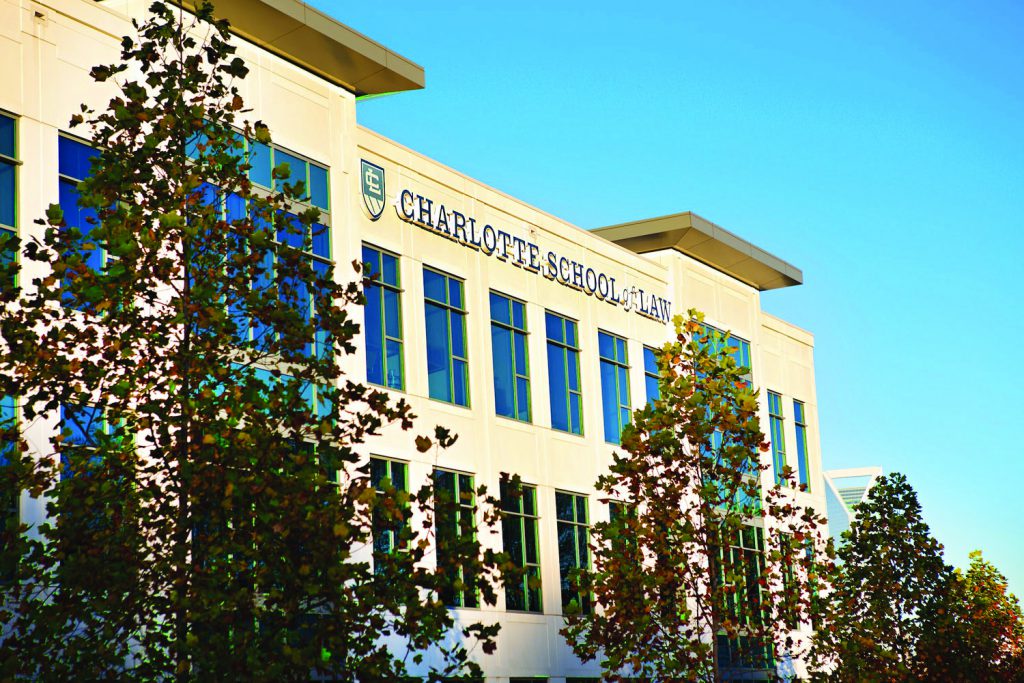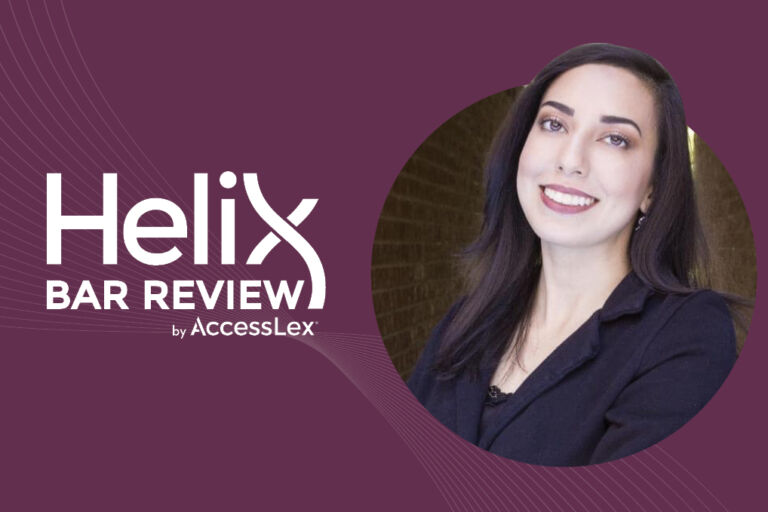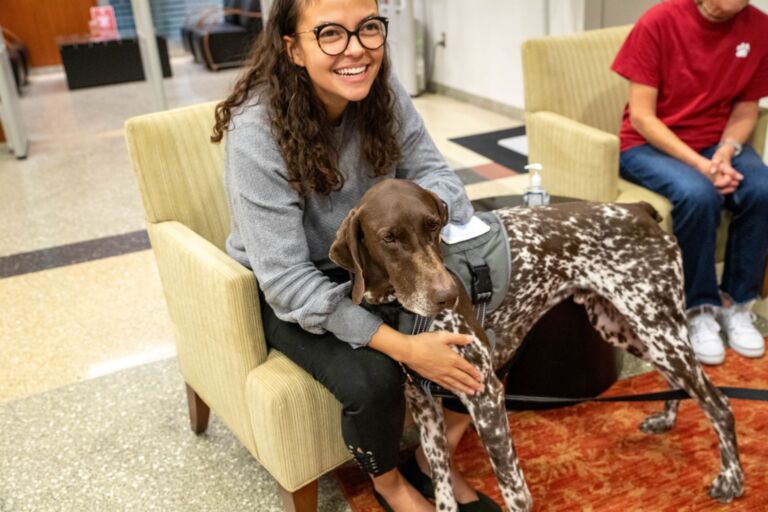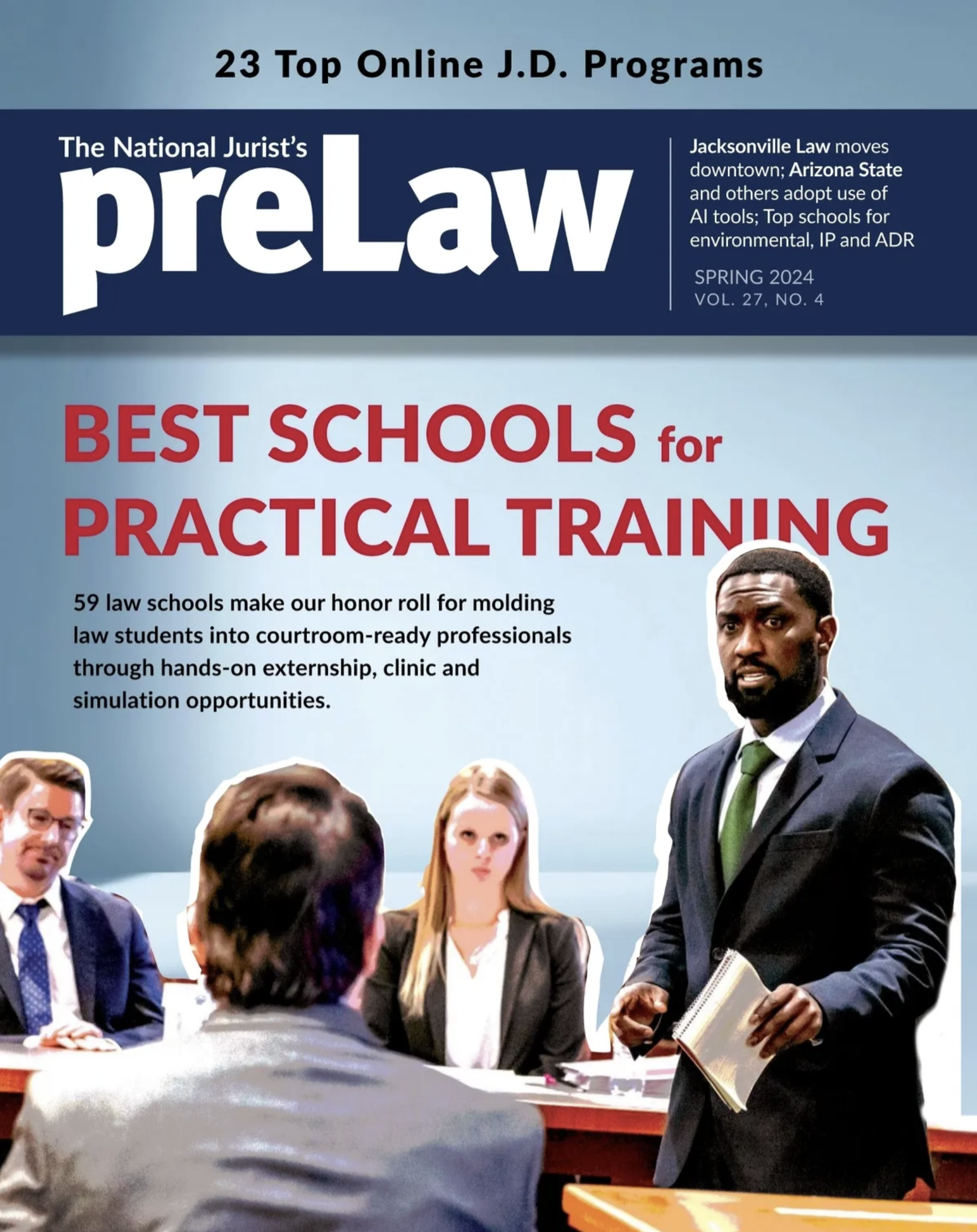The three class action lawsuits filed against the now-closed Charlotte School of Law have been combined for pretrial purposes.
Former Charlotte Law students filed the lawsuits earlier this year. Each allege that Charlotte Law misrepresented its ABA accreditation status and bar passage rates, and that the law school concealed its accreditation status from students. The students are claiming unjust enrichment, breach of fiduciary duty and constructive fraud.
Judge Graham C. Mullen of the U.S. District Court for the Western District of North Carolina ordered that the three lawsuits be consolidated Friday, Oct. 13, noting that the class actions are closely related and all arise from the same factual allegations.
“It is hard to imagine a group of cases where consolidation of merits discovery would be more appropriate than the actions herein,” Mullen wrote.
Only one lawsuit, Barchiesi v. Charlotte School of Law, objected to the consolidation on the grounds that case management orders were too broad and would require additional discovery in their case. That lawsuit will now be merged with two other pending lawsuits, Krebs v. Charlotte School of Law and Levy v. Charlotte School of Law.
“Any alleged differences are negligible and are greatly outweighed by the efficiencies gained by consolidation,” Mullen wrote.
In addition to these three federal class action lawsuits, there are at least 20 related state cases involving over 80 individual plaintiffs pending against the school, according to the order.
In an amended answer filed by Charlotte Law, the law school argues that the students consented to and ratified the law school’s actions by remaining enrolled or re-enrolling. The students, the answer contends, had actual or constructive knowledge of the ABA accreditation review and the law school’s bar passage rates, employment statistics and admissions statistics.
Charlotte Law was part of the Infilaw for-profit law school consortium owned by Sterling Partners. The parent company was dismissed in Krebs v. Charlotte School of Law on the basis that the North Carolina court did not have jurisdiction over the Sterling Capital entities.
Barbara Bernier, a former Charlotte Law professor, filed a separate whistle-blower lawsuit against Charlotte Law in 2016. Bernier accused the school and Infilaw of defrauding taxpayers out of $285 million by admitting unqualified students, then manipulating records to keep them enrolled so the school could collect government-backed tuition checks, the Charlotte Observer Reported.
Bernier alleged that the law school conspired with Infilaw to inflate enrollment and maximize profits by lowering admissions standards and misrepresenting bar passage and employment rates. Bernier further claimed that Charlotte Law evaded federal requirements that for-profit schools generate at least 10 percent of its revenue from sources other than student loans, the New York Times reported.
Charlotte Law closed in August after the U.S. Department of Education rescinded the school’s access to federal student loans and the North Carolina accrediting agency denied its request for a license deadline extension. The ABA subsequently rejected the law school’s teach-out plan.






